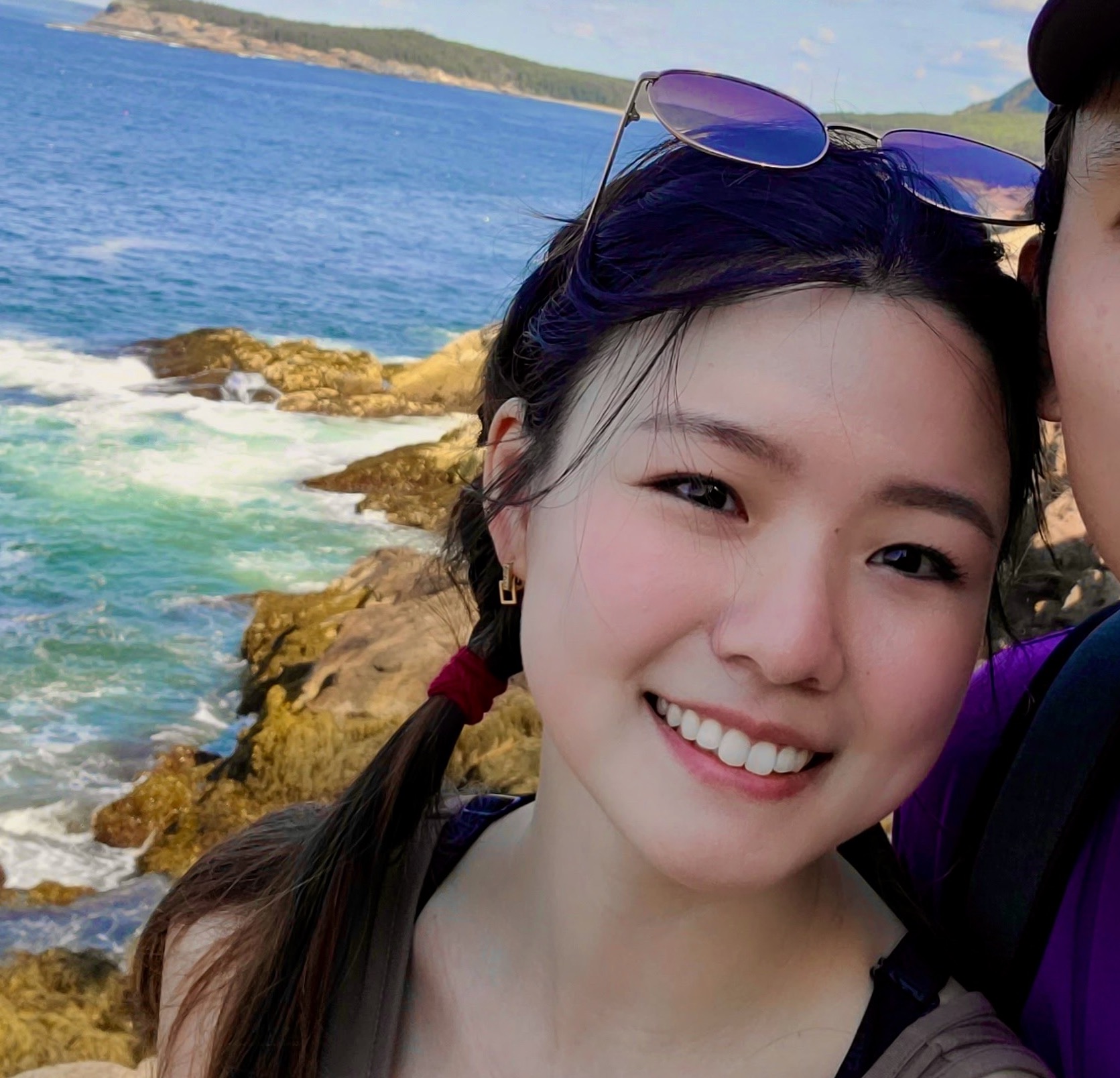import cv2
import numpy as np
import os
import sys
import tensorflow as tf
from sklearn.model_selection import train_test_split
EPOCHS = 10
IMG_WIDTH = 30
IMG_HEIGHT = 30
NUM_CATEGORIES = 43
TEST_SIZE = 0.4
os.environ['TF_CPP_MIN_LOG_LEVEL'] = '2'
def main():
# Check command-line arguments
if len(sys.argv) not in [2, 3]:
sys.exit("Usage: python traffic.py data_directory [model.h5]")
# Get image arrays and labels for all image files
images, labels = load_data(sys.argv[1])
# Split data into training and testing sets
labels = tf.keras.utils.to_categorical(labels)
x_train, x_test, y_train, y_test = train_test_split(
np.array(images), np.array(labels), test_size=TEST_SIZE
)
# Get a compiled neural network
model = get_model()
# Fit model on training data
model.fit(x_train, y_train, epochs=EPOCHS)
# Evaluate neural network performance
model.evaluate(x_test, y_test, verbose=2)
# Save model to file
if len(sys.argv) == 3:
filename = sys.argv[2]
model.save(filename)
print(f"Model saved to {filename}.")
def load_data(data_dir):
"""
Load image data from directory `data_dir`.
Assume `data_dir` has one directory named after each category, numbered
0 through NUM_CATEGORIES - 1. Inside each category directory will be some
number of image files.
Return tuple `(images, labels)`. `images` should be a list of all
of the images in the data directory, where each image is formatted as a
numpy ndarray with dimensions IMG_WIDTH x IMG_HEIGHT x 3. `labels` should
be a list of integer labels, representing the categories for each of the
corresponding `images`.
"""
images, labels = [], []
# 0 through NUM_CATEGORIES-1
for category in range(0, NUM_CATEGORIES):
directory = os.listdir(os.path.join(data_dir, str(category)))
for filename in directory:
img = cv2.imread(
os.path.join(
data_dir,
str(category),
str(filename)))
img2 = cv2.resize(img, (IMG_WIDTH, IMG_HEIGHT))
images.append(img2)
labels.append(category)
return (images, labels)
def get_model():
"""
Returns a compiled convolutional neural network model. Assume that the
`input_shape` of the first layer is `(IMG_WIDTH, IMG_HEIGHT, 3)`.
The output layer should have `NUM_CATEGORIES` units, one for each category.
"""
model = tf.keras.models.Sequential([
# Convolution
tf.keras.layers.Conv2D(
32, (3, 3), activation='relu', input_shape=(
IMG_WIDTH, IMG_HEIGHT, 3)),
# Max-pooling
tf.keras.layers.MaxPooling2D(pool_size=(3, 3)),
tf.keras.layers.Flatten(),
# Hidden layers
tf.keras.layers.Dense(128, activation='relu'),
tf.keras.layers.Dense(128, activation='relu'),
tf.keras.layers.Dense(128, activation='relu'),
tf.keras.layers.Dense(128, activation='relu'),
tf.keras.layers.Dropout(0.1),
tf.keras.layers.Dense(NUM_CATEGORIES, activation="softmax")
])
model.compile(
optimizer="adam",
loss="categorical_crossentropy",
metrics=["accuracy"]
)
return model
if __name__ == "__main__":
main()
